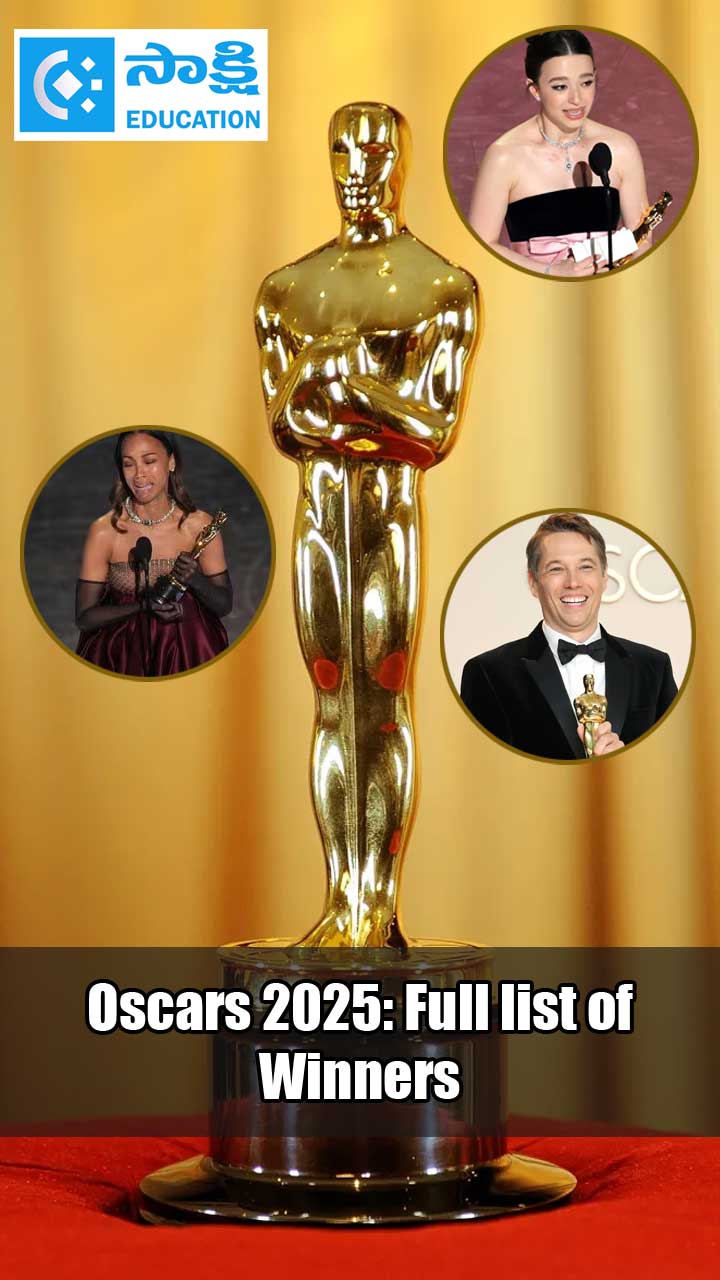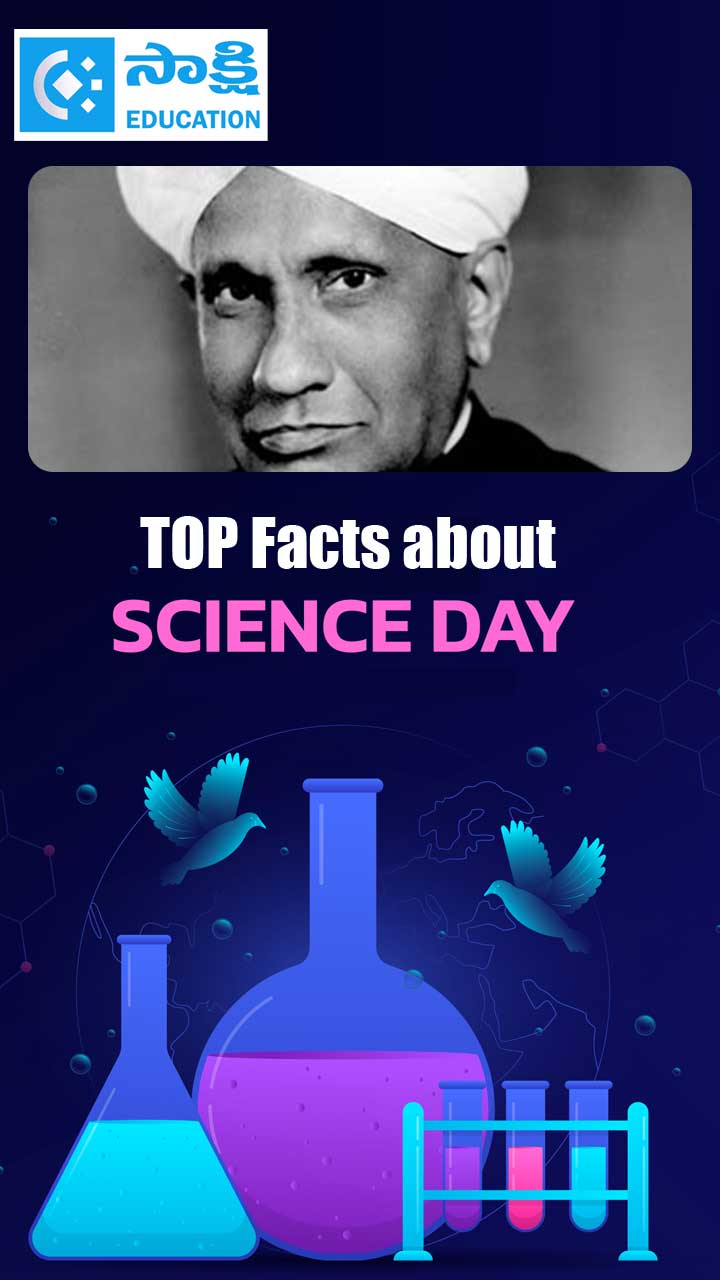5 Qualities to Succeed in Civils Interview: Sriram Srirangam

Now the time has come to switch gears and get ready for a similar handling of the last stage of the Exam Process. The difference is that it is an oral exam. It is a fairly rigorous interaction with five eminent people- some are generalists (serving or former Civil Servants) and rest are specialists in various subjects like economics, sociology, international relations, Constitution of India etc.
Also Read: UPSC: Civils Prelims 2021 GS Paper 1 Analysis
The Personality Test which carries 275 marks is about facts, analysis and values just as in the Mains. There is a marked difference, however. Unlike in the Main Exam where except the invigilator, no one else is watching, Personality Test is under the gaze of a panel where there is ruthlessness for lack of homework and generosity for good performance. No error goes unnoticed- minor errors may be overlooked, but just MAY BE. More importantly, where the candidate shows qualities of a Civil Servant, he gets profusely rewarded. Now, what are these qualities?
First and foremost, one should be original. There is something unique and valuable about one’s responses. It is not about the answer- either in the Main or Interview. It is the nature of response in which words matter as much as the body language- particularly the facial expressions.
Attitude is next. It is the way one evaluates various aspects of society and the world. One’s prejudices and beliefs are revealed. One can not overcome them unless a conscientious, knowledgeable and perceptive observer points them out- holds a mirror. I can say from experience that candidates are remarkably efficient in reorienting themselves almost overnight.
Agility can make a big difference. Agility may be the quickness with which the response is given but it is much more. Agility is awareness, mindfulness and responsiveness. It is application of one’s information for the given question in an effective manner- to produce the desired results. Each candidate has his own style and substance for it.
Then, there is the issue of confidence; and under and over confidence. Confidence is essential. It helps you to recall and analyse well. Sets the right ambience too. Underconfidence is entirely unnecessary. It is unjustified too as one already has proved himself convincingly. Overconfidence is often offensive and can be self-destructive. Avoid it for Interview and for life at large. It is toxic.
The question of humour. In corporate and academic interviews, it may be tolerated. In journalistic interviews, it may be encouraged. But in bureaucratic interviews, it is not. You can not crack a joke unless you are ‘rarest of rare’! Interview Board members may be joking and the humour may be of good quality. But you are not supposed to laugh unless you know how exactly to! That's very very tricky. Best is to suspend the laughter pleasantly till the Interview is over.
Quite important about questions and answers:
- Don't duck a question on the assumption that it could lead to further questions that you might not be able to answer.
- Say ‘I don't know sir/madam’ with dignity and respectfulness where you have to.
- For analytical questions, there may not be room at all to say ‘I don't know’.
- Be ready for a string of connected questions and answers. For example, if a question arises about the economic crisis of Sri Lanka, it can trigger a whole lot of related queries like: when it started; if Chinese debt trap diplomacy is fully exposed with it; How India is bailing Sri Lanka out; what is a currency swap; can you relate it to RBI’s currency swap currently within India; why shift to organic farming proved self-destructive; any lessons for India on agriculture; geopolitical implications of the crisis etc.
Keep these aspects in mind and work your way to the top. Remember there is help at hand, if necessary. Round the clock. Best wishes.

Sriram Srirangam,
Director, SRIRAM’s IAS, New Delhi
















